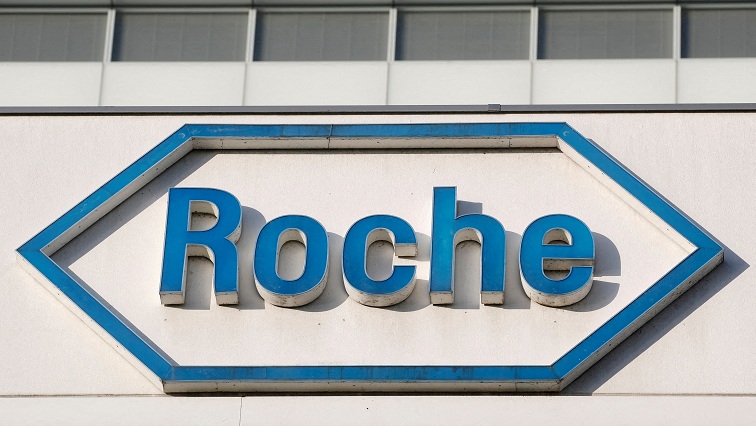Swiss drugmaker Roche is shutting down most clinical trials of its experimental Alzheimer’s drug gantenerumab after it failed to slow the progression of the dreaded disease in a pair of large late-stage studies, the company said on Wednesday.
Roche presented the full results of the twins trial at an Alzheimer’s meeting in San Francisco after announcing in November that the drug had failed in two trials.
Unlike Eisai Co Ltd and Biogen Inc’s lecanemab, which appears to be on track for US regulatory approval after presenting successful trial results on Tuesday, Roche’s drug showed no statistically significant benefit in patients with mild cognitive impairment and early-stage Alzheimer’s disease .
Both drugs are designed to remove forms of the protein beta-amyloid from the brain, sticky plaques believed to play an important role in the disease.
While the Eisai infusion was able to slow the progression of Alzheimer’s disease by 27% after 18 months, the Roche drug reduced the decline by only 8% in the Graduate I study and 6% in the Graduate II study compared to placebo after two years.
The key difference may have been the drug’s ability to clear amyloid from the brain.
In a presentation Wednesday, the researchers said the injected gantenerumab had cleared amyloid in only 28% of patients in the Graduate I trial and 25% in the Graduate II trial after two years, half of what the company expected.
Lecanemab, in contrast, cleared amyloid in 68% of study participants after 18 months.
Dr. Howard Fillitt, chief scientist at the Alzheimer’s Drug Discovery Foundation, said there were a number of reasons why Roche’s drug failed, including differences in its chemical composition, dosage and how it was given by injection versus infusion.
But the fact that the drug failed to remove amyloid deposits in the brain as expected clearly played a role, he added.
The field of Alzheimer’s research is littered with failures and disappointments, including those involving several drugs in the same class, as well as previous attempts to prove the merits of gantenerumab.
In 2014, the drug failed to show benefit at a lower dose in patients with mild Alzheimer’s, and it failed again in 2020 in a Washington University School of Medicine trial in patients with an inherited form of Alzheimer’s.
“Obviously in the classroom, some drugs work and some don’t,” Fillet said.
A Roche spokesman said in an emailed statement that the company will stop all studies of gantenerumab in early-stage Alzheimer’s disease, including additional studies in the Graduate trial and the Phase III Skyline study in patients with signs of amyloid in the brain but no signs of cognitive decline.
“In graduate school, the amyloid removal rate was lower than expected. We expect the same, lower effect in the Skyline population, and consider it insufficient to proceed,” the spokesperson said.
Roche is still testing another formulation of gantenerumab, called trontinemab, designed to deliver the drug across the blood-brain barrier — the protective blood vessels that prevent chemicals from the bloodstream from entering the brain — in hopes of getting more of the treatment into the brain.
“We remain committed to the fight against Alzheimer’s disease and will continue to focus on new and potentially improved approaches to new treatments,” said Rachel Doody, Roche’s global head of neurodegenerative drug development.







